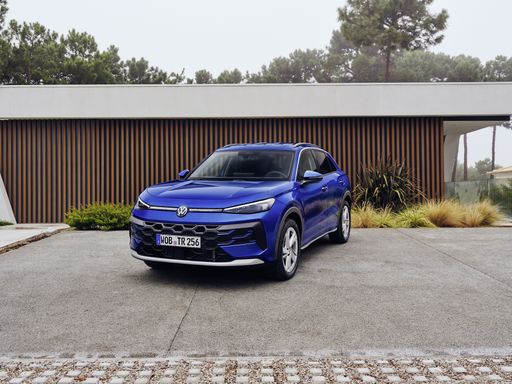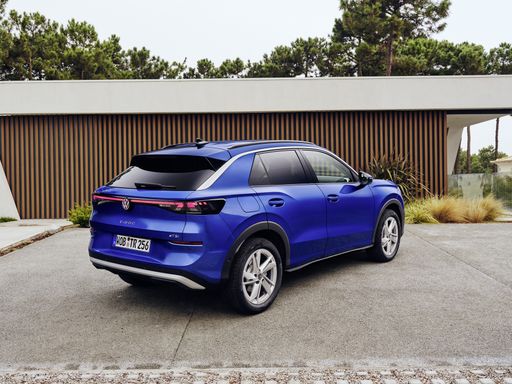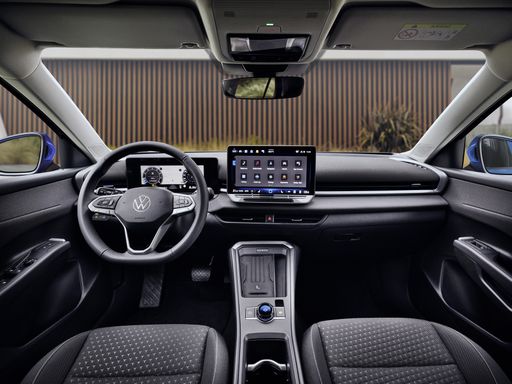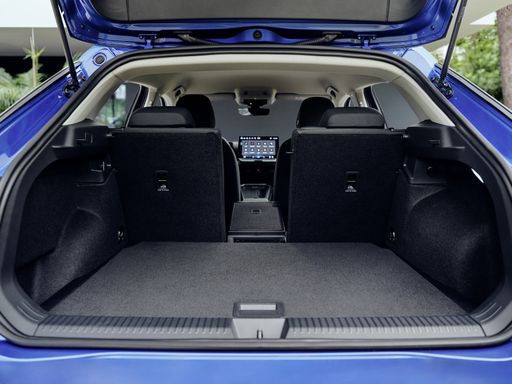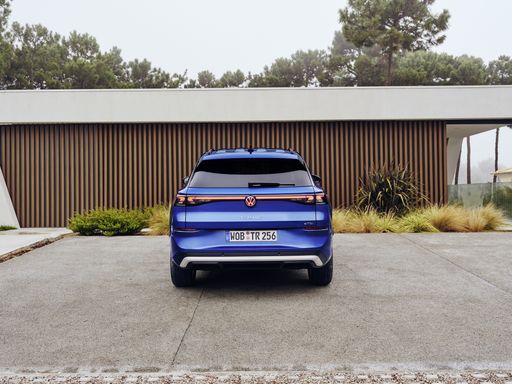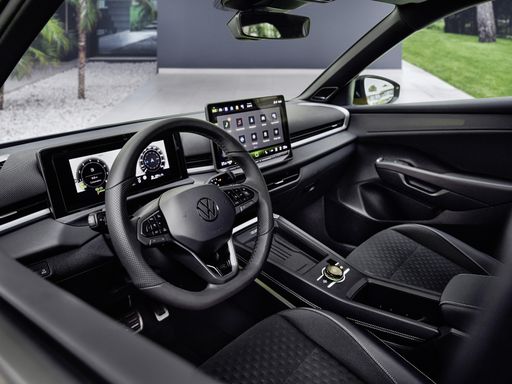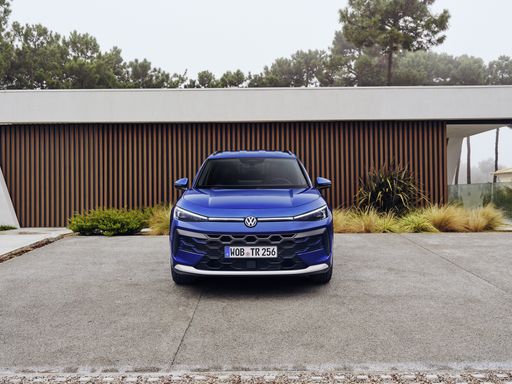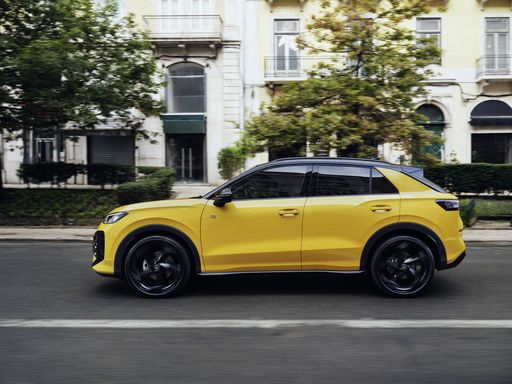A Battle of Compact SUVs: Toyota Yaris Cross vs. VW T-Roc
The automotive market has witnessed a growing demand for compact SUVs, and two models that have been generating considerable buzz are the Toyota Yaris Cross and the Volkswagen T-Roc. Each vehicle boasts unique features appealing to different segments of drivers. This comparison will delve into their technical specifications, innovations, and performance metrics to help you decide which model suits your needs better.

